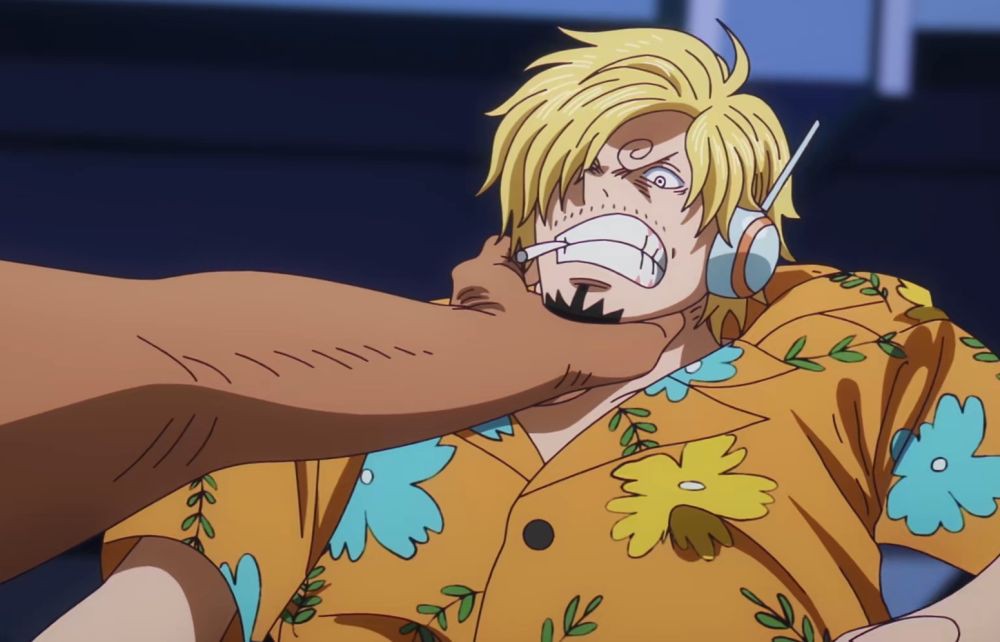Spoiler One Piece Chapter 1113 Spoilers Discussion
- Thread starter Absalom
- Start date
- Tags common zolo l hypetoolji jimbei carries zolo
- Status
- Not open for further replies.
More options
Who Replied?Many have tried interpreting Oda.
Some cited existing philosophical works such as Bordiga, Hegel and Plato.
The former saw Oda as the progenitor of a spontaneous revolution, his manga being so boring it had deep ideological significance. They viewed his manga as the cry of discontentedness with the neoliberal consensus, and a legitimate philosophical work in it’s own right.
The modern Hegelians saw Odisimo as the dialectical synthesis between two states of being, that of anguish and that of ennui. Those using the works of Plato are conflicted on whether to see One Piece as a concrete object, real and tangible, while all consider the feelings the chapters elicit to be abstract.
Others saw it as post-modern performance art and tried to categorise it as the intended catalyst of a yet to materialise Neo-Fluxus movement.
Alas, others even ascribed it a theological value, arguing for the canonisation of Oda and compared our pain reading to the pain Jesus felt on the cross. A contingent of these worshippers split recently and alleged Oda was inherently heretical, no mortal man had ever suffered like Jesus did until we read Wano.
The truth is, One Piece defies what the human mind is capable of interpreting.
We can only bask in its majesty.
Some cited existing philosophical works such as Bordiga, Hegel and Plato.
The former saw Oda as the progenitor of a spontaneous revolution, his manga being so boring it had deep ideological significance. They viewed his manga as the cry of discontentedness with the neoliberal consensus, and a legitimate philosophical work in it’s own right.
The modern Hegelians saw Odisimo as the dialectical synthesis between two states of being, that of anguish and that of ennui. Those using the works of Plato are conflicted on whether to see One Piece as a concrete object, real and tangible, while all consider the feelings the chapters elicit to be abstract.
Others saw it as post-modern performance art and tried to categorise it as the intended catalyst of a yet to materialise Neo-Fluxus movement.
Alas, others even ascribed it a theological value, arguing for the canonisation of Oda and compared our pain reading to the pain Jesus felt on the cross. A contingent of these worshippers split recently and alleged Oda was inherently heretical, no mortal man had ever suffered like Jesus did until we read Wano.
The truth is, One Piece defies what the human mind is capable of interpreting.
We can only bask in its majesty.
Btw we are closer to sth old I posted
https://worstgen.alwaysdata.net/forum/threads/what-is-their-endgame.45926/
https://worstgen.alwaysdata.net/forum/threads/what-is-their-endgame.45926/
Her calling a random pacifista her “daddy”, her image of him as a kid being an non aged Kuma, and her aged being undefined should’ve been huge red flags lmao
- Status
- Not open for further replies.







